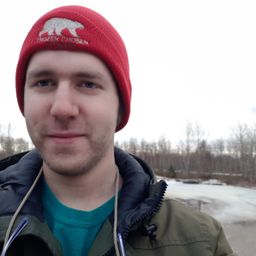Reflection
Mon statut pour la session
Sous sessions
This paper is a personal reflection about ‘learning labour’ within the context of a twenty-year relationship with my late partner, Mary-Jo Nadeau (1965-2021). As an academic, self-identified labour geographer, I give recognition to a number of lessons that I learned from Nadeau, herself a feminist sociologist, anti-racist activist, and labour organizer. The paper borrows from a largely feminist inspired literature on academic relationships and how such relationship...
L’observation de mon entourage agro-forestier m’a fait réaliser qu’anthroposystème est le mot convenant le mieux à la description de mon environnement Je croyais alors être le premier à utiliser ce mot, mais quelques semaines plus tard, je l’ai trouvé dans un ouvrage sur l’anthropocène (Magny, 2021). Ce fut le début d’une recherche documentaire : le mot fut créé il y a plus de vingt ans par Lévêque et son équipe de recherche (Lévêque et al. 2003, et Muxart, 20...
Dr Mark Lucherini, Lecturer in Human Geography, Keele UniversityDr Daniel Allen, Lecturer in Human Geography, Keele UniversityProfessor Clare Holdsworth, Professor of Social Geography, Keele UniversityCameron Causer, postgraduate studentMain contributor: Dr Mark Lucherini
As coastal populations and settlements in Canada continue to grow and develop into the Anthropocene, land-use planners and other decision-makers must understand the hazards and potential instability of coastal environments in Canada. Approximately 6.1 million people (2021) live within 20 km of Canada’s marine coastline, which is the longest in the world (~243,000 km) and borders the Atlantic, Pacific, and Arctic oceans. These diverse and complex coastal regions are...

